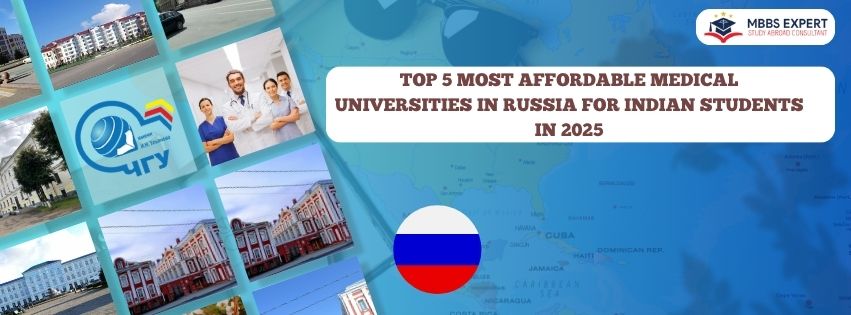Budget-Friendly Medical Education in Russia: Affordable Universities for Indian Students Introduction Pursuing a medical degree…
MBBS Degree from Bangladesh is Substantial and Adequate in India
![]()
MBBS Degree from Bangladesh is Substantial and Adequate in India
MBBS Degree from Bangladesh is Substantial and Adequate in India Introduction: Obtaining a Bachelor of Medicine, Bachelor of Surgery (MBBS) degree is a significant milestone for aspiring medical professionals. In recent years, Bangladesh has emerged as a popular destination for international students seeking a high-quality medical education. In this blog post, we will explore why an MBBS degree from Bangladesh is substantial and adequate in India, debunking any misconceptions or doubts that may exist.
Quality of Education: Bangladesh has made remarkable strides in the field of medical education. The country boasts numerous reputable medical colleges and universities that offer MBBS programs with a curriculum aligned with international standards. These institutions have state-of-the-art facilities, well-equipped laboratories, and experienced faculty members who are dedicated to imparting knowledge and skills to their students.
Recognition by the Medical Council of India (MCI): The Medical Council of India (MCI), the regulatory body for medical education and practice in India, recognizes several medical universities and colleges in Bangladesh. These institutions meet the rigorous standards set by the MCI, ensuring that their graduates are eligible to practice medicine in India. The MCI conducts thorough assessments and evaluations before granting recognition, taking into account factors such as the curriculum, faculty qualifications, infrastructure, and clinical training facilities.
Curriculum and Clinical Exposure: The MBBS curriculum in Bangladesh follows a comprehensive and structured approach, covering all essential medical subjects. It includes both theoretical knowledge and practical training, with a strong emphasis on clinical exposure. Students gain hands-on experience by attending hospital rotations and engaging in clinical discussions and case presentations. This exposure helps them develop the necessary clinical skills and competencies required to excel as healthcare professionals.
Language Proficiency: One concern often raised regarding studying medicine in Bangladesh is the language barrier. However, it is important to note that most medical universities in Bangladesh offer MBBS programs in English. English is the medium of instruction, ensuring that international students can easily follow lectures, communicate with faculty members and patients, and participate in clinical rotations. This not only facilitates the learning process but also enhances the students’ language proficiency, which is beneficial in their future medical practice.
Affordability and Cost-effectiveness: Compared to many other countries offering medical education, pursuing an MBBS degree in Bangladesh is relatively more affordable. Tuition fees and living expenses are reasonable, making it an attractive option for students who may have financial constraints. Moreover, the cost-effectiveness does not compromise the quality of education, as the institutions maintain high standards and deliver a comprehensive medical curriculum.
Conclusion: In conclusion, an MBBS degree from Bangladesh is substantial and adequate in India. The quality of education, recognition by the Medical Council of India, well-structured curriculum, clinical exposure, language proficiency, and affordability make it a viable choice for aspiring medical professionals. Students who graduate from recognized medical universities in Bangladesh are well-prepared to meet the challenges of medical practice and contribute to the healthcare system in India. As the demand for qualified doctors continues to grow, considering Bangladesh as an option for pursuing an MBBS degree is a wise decision for those who are passionate about a career in medicine.





